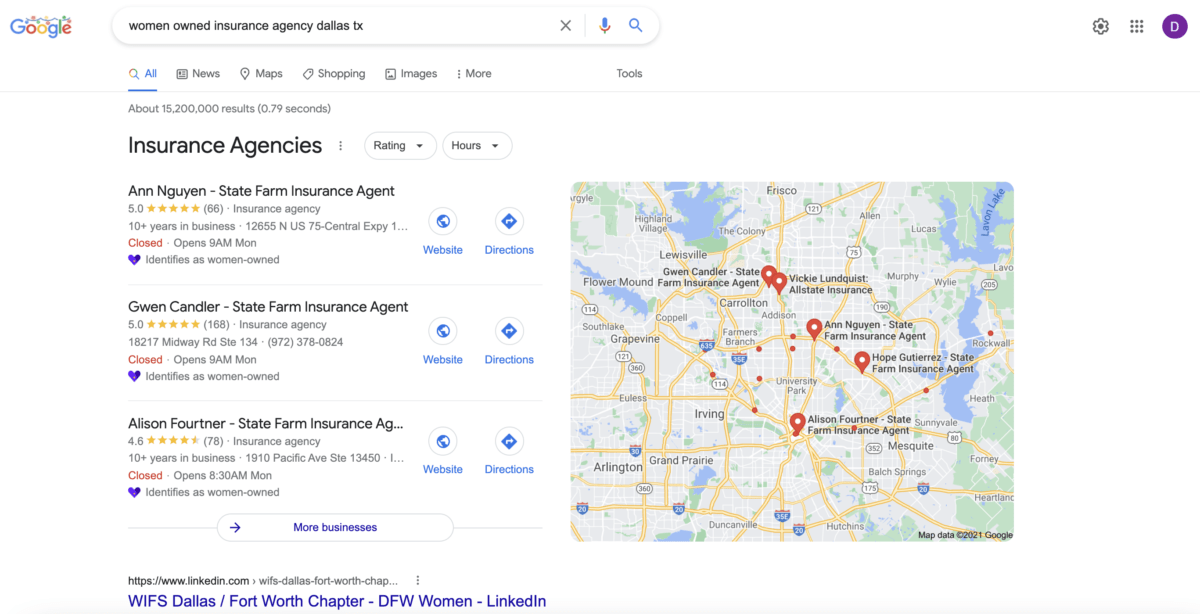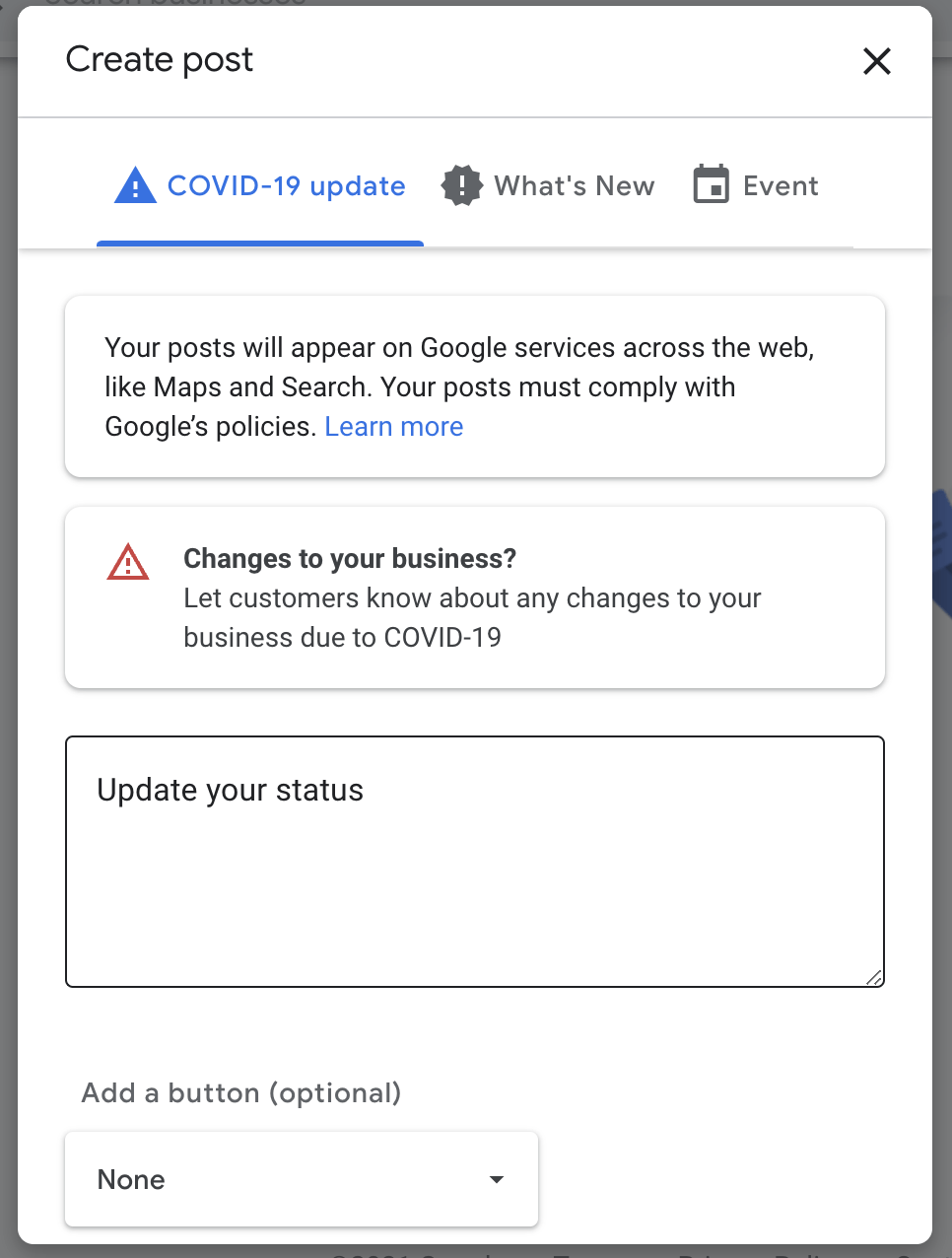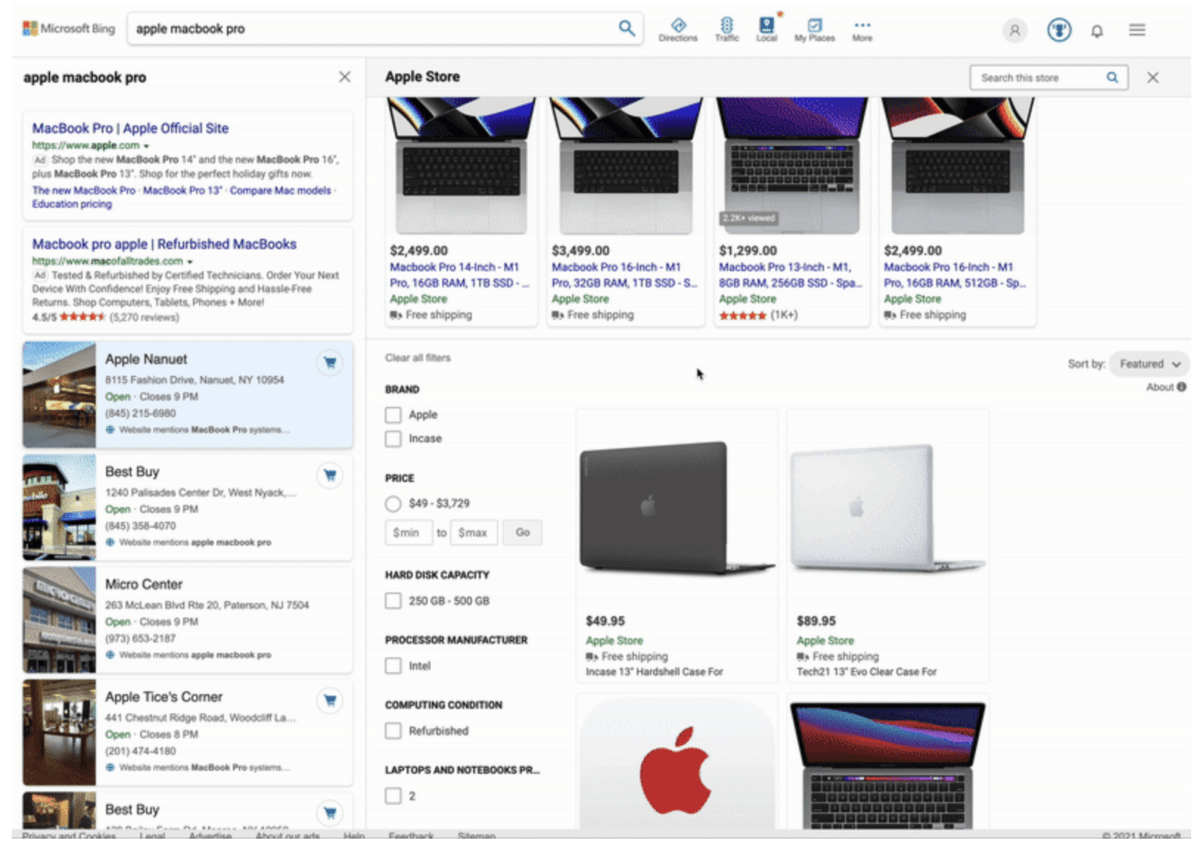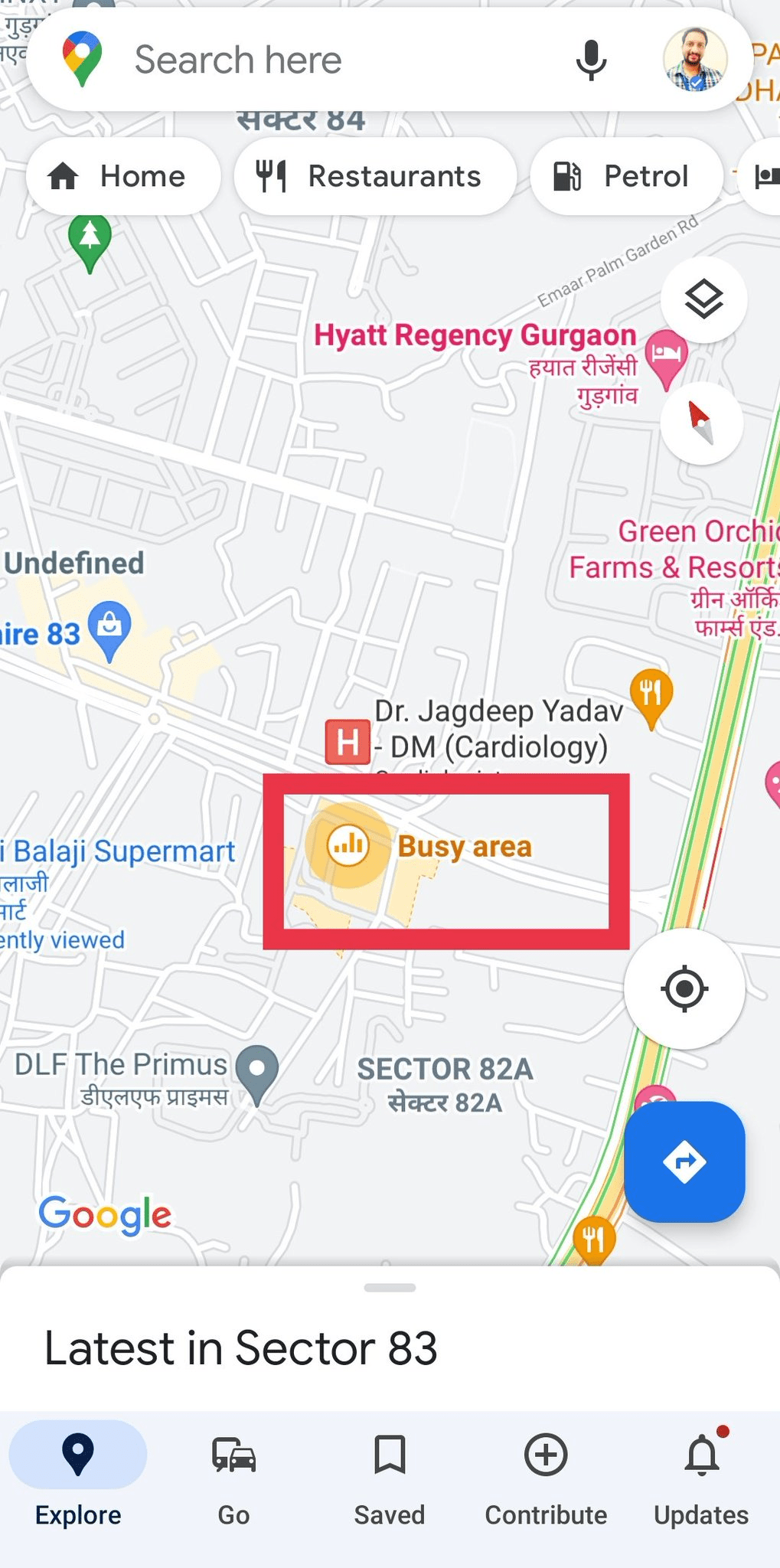Local Memo: Google Confirms Rollout of New Desktop Local Pack Design

In this week’s update, learn about Google’s new local pack design on desktop; Google posts enabled at long last for hotels; Yelp’s most popular search filters; Bing’s new local product search capability; location sharing and Area Busyness in Google Maps; and a possible local search algorithm update.




Local Memo: Google Confirms Rollout of New Desktop Local Pack Design
This year we’ve seen numerous layout experiments for the desktop version of Google’s local pack – experiments that removed the map or showed different numbers of listings including five and ten as opposed to the usual three. Now Google has confirmed the official rollout of a layout change that might be termed the “mega map.” This version of the local pack still has three results, but takes up much more real estate in the SERP, with a wider overall layout and a large-sized map placed to the right of the business listings, rather than above as with a typical three-pack. Over the weekend, I noticed that I was finally able to reproduce the mega map easily, after numerous sightings by others. According to Google’s official statement, it may take a few weeks before it shows up for everyone. One notable detail is that the mega map version of the local map seems not to show ads above the pack, meaning that the pack itself takes up most of the room above the fold in the SERP. This creates a more immersive experience – and possibly better engagement as well as room for more features down the road. It’s also notable that hotel searches still appear in their old, smaller format, so that they now contrast sharply with results for other businesses.
Mega map result for women-owned insurance agencies in Dallas
Google Now Allows Posts for Hotels
Google has updated its help documentation with special guidelines for hotels using Google posts. This update confirms that posts are officially available now for hotels, a category that has never before been given access to the feature. Since sometime this summer, post functionality has sporadically shown up in hotel dashboards, with Google reporting at one point that it was a bug. Apparently, the bug had more to do with enabling the functionality earlier than intended. Posts for hotels do come with some restrictions. Hotels only have access to COVID-19, what’s new, and event posts, and cannot create offer or product posts. The content of hotel posts, according to the new documentation, should also not be used to communicate special offers, deals, or discounts, so that customers don’t get “confused” about where to find pricing information – in other words, Google wants to make sure its paid and organic rates are the only source of pricing information. As examples of hotel post content, Google suggests items such as “COVID-19 protocols, updates to amenities or renovations, and events that take place on the property.”
Dashboard interface for hotel posts, showing only three options
Yelp Shares Data on Its Most Popular Filters
Yelp has provided data to Search Engine Land on its most popular search filters overall and in certain popular categories. The most popular search filter overall, perhaps not surprisingly, is “Open Now,” reflecting both the broad applicability of the filter itself and the fact that consumers searching on local platforms like Yelp are often ready to transact business right away. “Request a Quote” was the second most popular search filter overall, and “Open to All,” a signal of inclusivity, was near the top of the list in several categories. Many of the other high-ranking filters reflect consumer priorities in various categories. For restaurants and nightlife businesses, top filters included “Reservations,” “Offers Takeout,” and “Outdoor Seating,” while “Offering a Deal” was popular for service-oriented businesses such as auto repair, as well as for health and beauty services. Yelp has expanded the list of available search filters in recent months, making it important for businesses to use all profile fields available to them to indicate their differentiating features.Bing Adds Store Inventory to Local Search
Taking a tip from Google, Bing has introduced a feature that lets users search the store inventory of local businesses. Bing now lets users search for specific products or product categories in search and then select the Maps tab; users can also search for products directly in Bing Maps. Where product inventory is available, Bing will display select products in the business profile along with a “Browse Products” button that opens up Bing’s shopping interface. Businesses can qualify to have their store inventory listed by using product markup or running Bing’s version of local inventory ads.
Shopping results accessed through the Bing Maps tab, courtesy Microsoft / Search Engine Land
Google Maps Lets You Share Location, Shows Live Busyness Flags
Google has released a new feature that lets Maps users on iOS and Android share their location with any other user. Users can share their information for hour increments up to twelve hours, or until they turn sharing off. Users must be in your phone contacts to enable sharing. An alternative sharing option on Android lets you share location with a link, which stays live for a maximum of 24 hours. When sharing your location, other users will also be able to see your phone’s battery life as well as any locations you’ve tagged, such as work or home. Also in Google Maps news, users are beginning to spot the Area Busyness flags in neighborhoods that Google announced back in November. Twitter users from India, Japan, Spain, the U.S., and the U.K. have reported seeing the feature, many sharing screenshots. As with busyness at specific business locations, Area Busyness makes use of aggregated and anonymized data from users who have opted to share their location history.
Area Busyness flag in Gurugram, India, courtesy Praveen Sharma
Possible Local Search Algorithm Update
Many local SEOs have reported local ranking fluctuations in the last couple of weeks, suggesting that a local search algorithm update may have taken place. Updates to Google’s local algorithm are more rare than updates to the core search algorithm and sometimes occur without any official acknowledgement on Google’s part. In this case, Bright Local’s Local RankFlux tool has also been reporting on an unusual amount of fluctuation since November. We know there was a core search algorithm update in November, and it’s possible that local rankings are being indirectly impacted. No word yet on any pattern that might indicate a targeted update at the local level.Subscribe to Local Memo!
Signup to receive Local memo updates and the latest on localized marketing, delivered weekly to your inbox.




